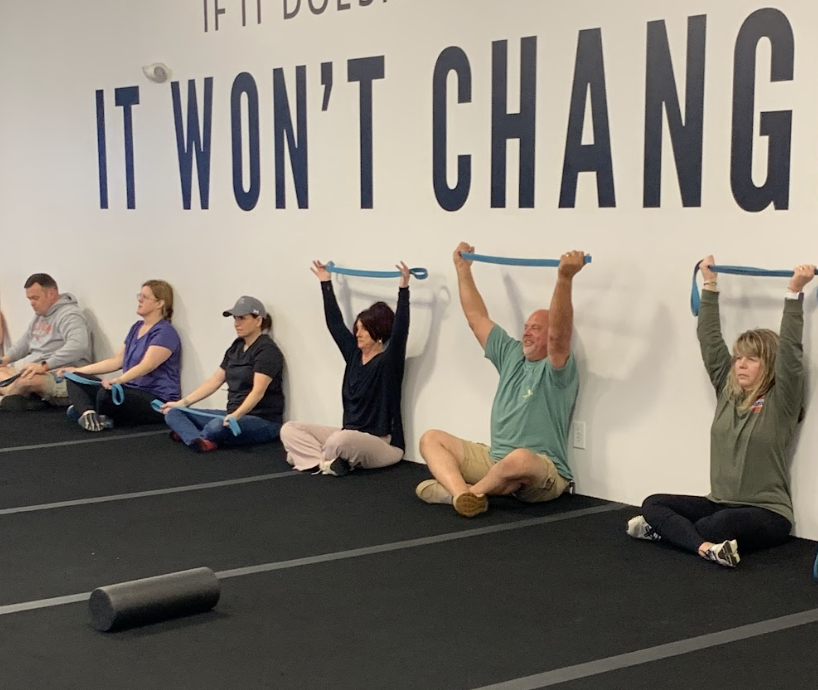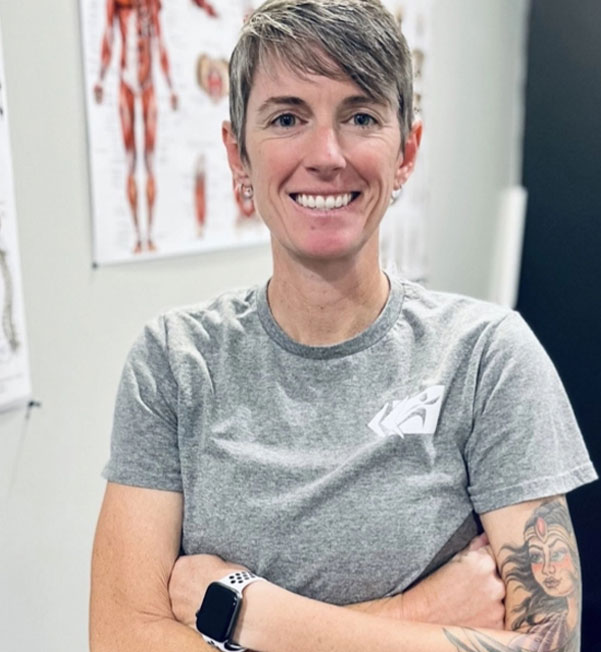One of the most common questions we encounter is, “How long will it take to get better?” While it’s a valid question, the answer is far from a simple one. The duration of your healing journey depends on a variety of factors that are as unique as you are.
Why Recovery Time Varies
1. Nature of the Condition:
Different injuries and conditions come with varying recovery times. A strained muscle might heal faster than a complex joint issue. Understanding the nature of your specific condition is crucial in gauging the recovery timeline.
2. Severity of the Issue:
The severity of your injury or condition. A ‘pinch’ that just started a week ago might resolve in a few weeks, while a more chronic issue could necessitate a more extended recovery period.
3. Consistency with Treatment:

How consistently you adhere to your treatment plan plays a pivotal role. Regular physical therapy sessions, home exercises, and lifestyle modifications are integral components. Consistency accelerates the healing process.
4. Individual Health Factors:
Your overall health. Factors such as age, general fitness level, and existing health conditions all contribute. A healthier lifestyle often correlates with a swifter recovery.
5. Compliance with Recommendations:
Following your healthcare provider’s recommendations is crucial. This includes adhering to prescribed exercises, lifestyle adjustments, and any specific instructions tailored to your case.
6. Patient Engagement:
An active and engaged approach to your recovery significantly impacts the timeline. Patients who take an active role in their healing process tend to experience faster and more successful outcomes. Those who ask questions and crave a full understanding of what is going on with their body have better outcomes.
7. Psychological Well-being:

The mind-body connection is undeniable. Mental health plays a vital role in physical recovery. Maintaining a positive mindset, managing stress, and addressing any psychological barriers can contribute to a smoother healing process.
8. Holistic Approach:
A holistic approach that considers various facets of your health – physical, mental, and emotional – can enhance the overall recovery experience. This might include complementary therapies, nutritional support, or lifestyle adjustments. This is something we discuss with every patient.
Conclusion
In conclusion, the duration of your healing journey is a dynamic and multifaceted aspect of your healthcare. Rather than focusing solely on a fixed timeline, embrace the personalized nature of your recovery. Your commitment, consistency, and collaboration with healthcare professionals will guide you toward the best possible outcome. Remember, healing is a process, not a race.


